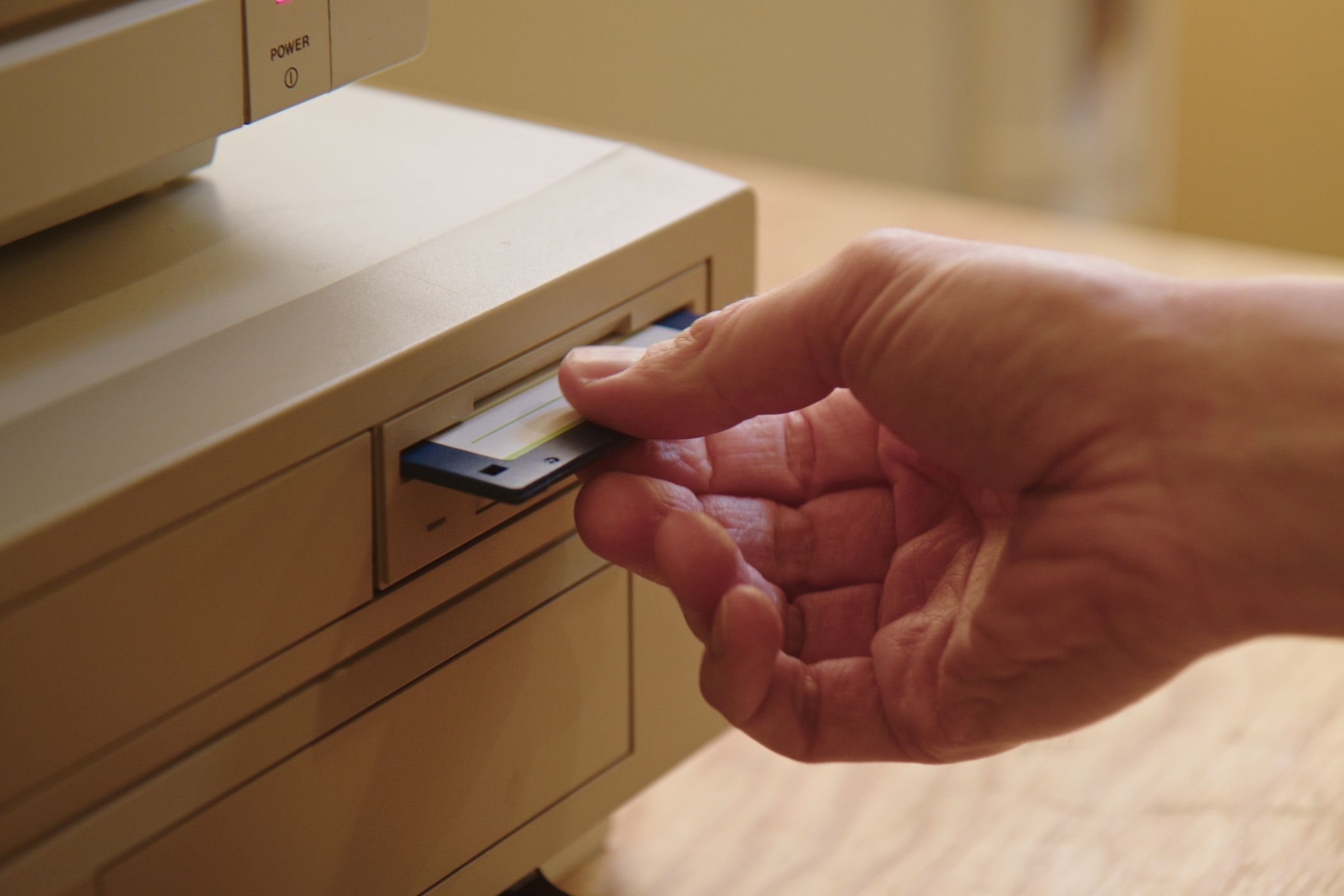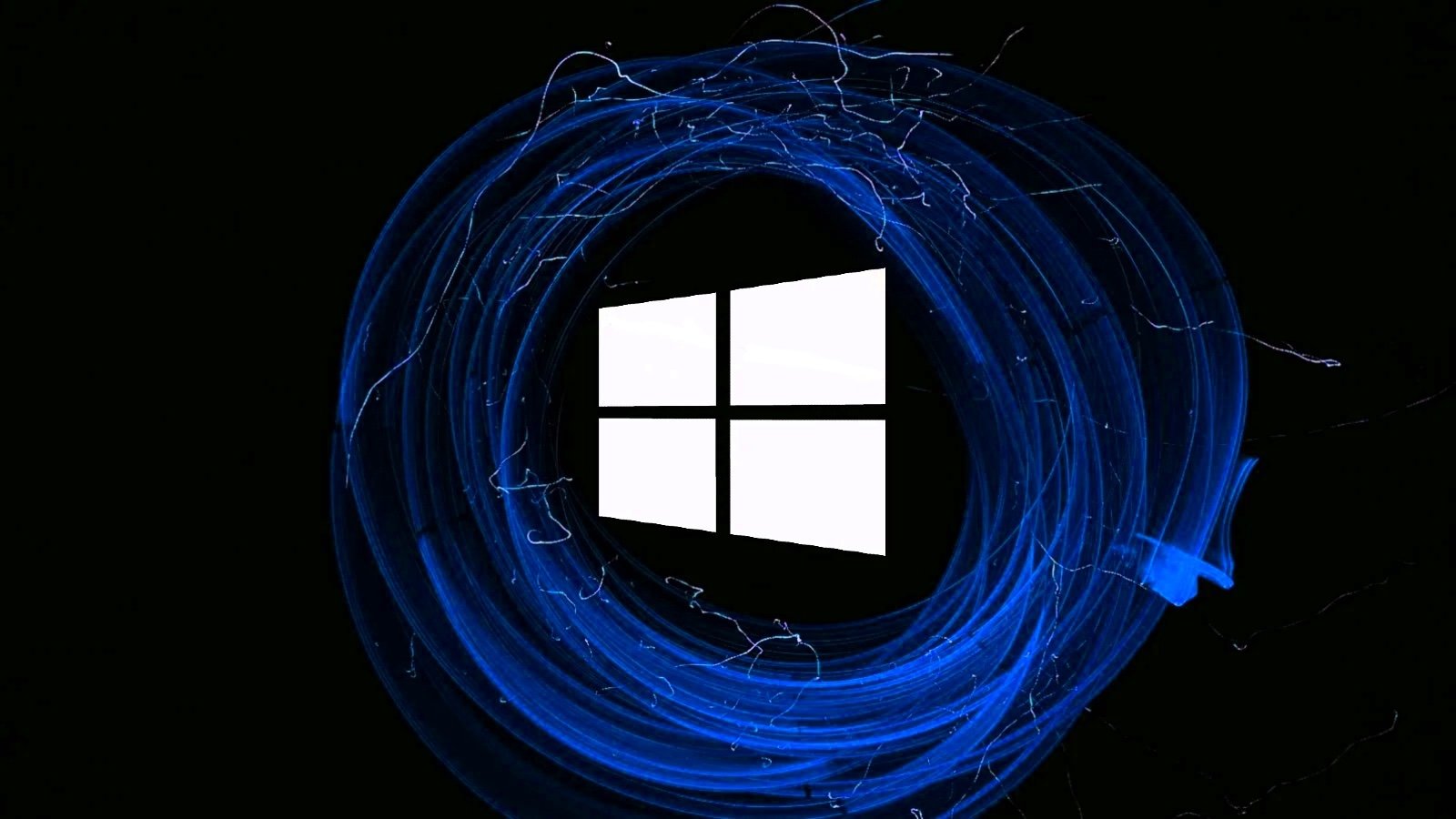
Key Takeaways
- Digital games are at risk of disappearing due to legal limitations on sharing archived copies of classic games.
- Efforts to preserve classic games through digital archives have been hindered by copyright law and the Entertainment Software Association.
- Despite setbacks in game preservation, individual efforts to back up and study old games, along with organizations like VGHF, can keep classic games alive.
Old games have a special place in my heart. Whether it’s the nostalgia or how they make me feel when I load them up today, I love playing them. Unfortunately, this new legal decision could make it impossible to play these games again, even if I own them. Here’s how this happened.
Games Are Dying Slowly
Recently, we’ve seen several games just die off without any fanfare. Whether digital or physical games are better is still a valid question. I prefer physical copies as someone who likes having my games in my hands and popping a physical disc into a console. When a digital game dies, it’s gone for good. Situations like this are terrible for console gamers.
However, if you still have physical media from an older system, that system isn’t built to last forever. If you’re tech-savvy, you could repair or even upgrade your old hardware. Keeping your old consoles maintains a way to experience those old games, but once those consoles die and parts get scarce for repairs, you’ll be out of luck.
Old digital media is always at risk of becoming “lost media.” Old video games also fall into that category. I remember fondly some of the Flash games I played to pass the time back in college, and I know many of those games no longer exist, either because the publishers stopped supporting them or their source code was removed when Flash stopped being supported by browsers.
To preserve digital games, a super-library organization known as the Library Copyright Alliance (LCA) proposed to share their archived games remotely with people who wanted to experience those old games. Unfortunately, the US Copyright Office upheld a DMCA notice by the Entertainment Software Association (ESA) that prevented libraries from sharing copies of their games with the public, effectively killing the preservation of those games for younger generations.
A Staggering Blow for Game Preservation
It’s estimated that 87% of classic games have wholly disappeared. Libraries have attempted to preserve some of this lost digital media, with some success. However, if you’re a researcher working on those games or just someone from the public who’s curious about them, you’ll have to go in person to whatever library has archived a copy of that game.
Preservationists wanted to open up experiencing these games to the public (and avoid traveling for hours just to study old games where they were preserved). Copyright law prevents this since distributing an electronic copy of a copyrighted game is illegal.
The ESA filed a DMCA notice to stop this from happening, claiming that making these games available impacts the market for classic games. In the typical fashion of people who don’t actually play video games, they argued about damaging the value of those games. The ESA doesn’t seem to understand (or care) that some of these games no longer have physical media to buy and sell, and their publishers are out of business.
There is absolutely no way to purchase many of these games, even if we wanted to.
The Fun Police Says No
The ESA claimed that giving the public access to these games would devalue them or their potential remasters in the future. Preservationists noted that safety measures could be put in place to restrict access only to those from academic institutions, but this suggestion was also shut down.
Most libraries don’t have the workforce, facilities, or space to create and maintain a physical classic game library. Cartridges or physical media need a lot of space, especially when discussing thousands of out-of-print games. Digital storage and distribution allow libraries to keep these games alive, but it would require a special dispensation from the copyright office to allow it.
The ESA is against letting anyone copy or play old games, even if they’re not around anymore. It makes you wonder whether they’re afraid of people having fun…
A Double Standard Exists When It Comes to Video Games
Libraries have long been the storehouses of humanity’s knowledge. As someone who prefers an e-book to a physical one, I find it easy to get digital copies of out-of-print books preserved for posterity. Why can’t we get access to out-of-print video games the same way?
I can check out or borrow a digital book from a library, but I’m not allowed to do the same with a video game, even if there’s a physical copy on file.
A big problem with video game preservation in libraries lies with their commodification. Yes, they are entertainment media, but they are recent entertainment media. Their copyrights haven’t expired. The ESA doesn’t want to set a precedent for some games being digitally distributed because it opens the door for other games to be treated the same way. Even with access limited to preservationists, the ESA will lose control of a portion of the medium, and it may never get it back.
Other media industries, like the film industry, cooperate with preservation institutions to ensure their history isn’t erased. For example, the National Film Preservation Foundation ensures that old films are openly accessible to the public. These films are still marketable and can be remastered for profit, but the industry sees the need to preserve them as part of the medium’s history. It’s a long-sighted approach that the video game industry could benefit from copying.
Is This the Final Nail in the Coffin for Classic Games?
So far, it’s not illegal to back up copies of the games you already own. Emulators are also legal now, but that might change in the future. So, having backup copies of your games and running them on an emulator is what you can do, personally, to preserve older games. You can do more, however.
Institutions like the Video Game History Foundation (VGHF) are trying to facilitate the preservation and study of old games. They also helped push for the LCA to archive digital copies of those games. Institutions like these are important for us as gamers since they help preserve a part of our history for generations to come.
Game preservation isn’t dead; it just suffered a minor setback. Once people like you and me ensure that our games don’t disappear off the face of the earth, classic games will continue to live on. It might be too late for some games (like those on the live-service model), but for physical media, we’re the last bastion in this fight for preservation.
Source link












